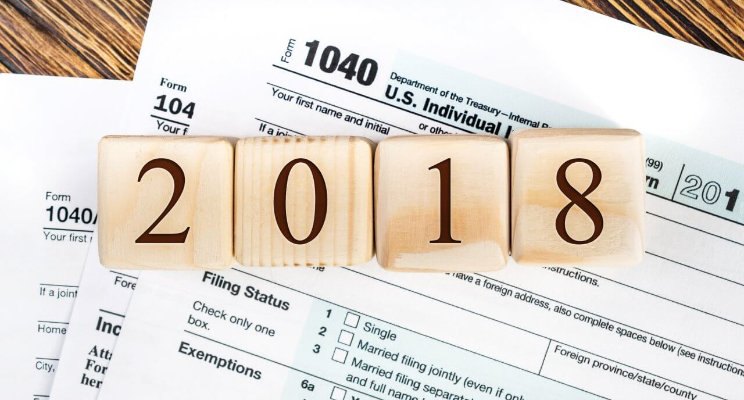The IRS is still working diligently to finalize forms and sort out details of deductions for the 2018 tax season, most small business owners will be content with the changes, but as a business owner this year and moving forward you may have to do some tax planning, you will have to keep track of expenses and business operations more than in the past.
One of the major changes is for C Corporations, their tax rate has been lowered from 35% to a flat 21% permanently meaning there is no expiration date for this tax change.
For the pass through entities like sole proprietors, LLC, partners and S-corps you will be able to deduct up to 20% of your qualified business income, but you will have to qualify in order to obtain those deductions. If your income is less than $315,000 for married filing jointly or less than $157,000 for single filers you will qualify for the full 20% deduction. However if you are an accountant, attorney, doctor, or other service business making more than $415,000 married filing jointly or $207,500 single filer you will not qualify for pass through deduction and for those in between the $315,000 and $415,000 married filing jointly or $157,000 and $207,500 single filers you will get a portion of the deduction. It’s important that you contact your accountant beforehand so you have an idea of where your business will fall.
Some of the business deductions you may be accustom to taking in the past have disappeared beginning with the 2018 tax year or the deduction requirements have changed in order to obtain them for others. Entertainment expenses are gone forever, no longer a deductible expense. Business interest can be written off but has new restriction that could keep you from claiming this deduction. Net operating loss now can only be carried forward and can claimed up to a maximum of 80% per year. The first year bonus depreciation deduction is going from 50% to 100% allowing you to claim the entire equipment purchase in its first year.
As I attended the National Association of Tax Professionals conference on the tax updates for 2018, here are my tips for small business owners:
Tip # 1: Have a professional tax preparer, accountant or CPA do your taxes, there are many deductions that will be done in worksheets that are not processed through online software. This is not the year to file your taxes online. Inexpensive to file may cost you more in fines or if audited by the IRS.
Tip # 2: Don’t wait until tax season to prepare documents for your accountant, remember some deductions are going to be harder to obtain if you don’t have proof. Gather your financial records for this year now and meet with your accountant, CPA or tax professional to discuss 2018 filing. Tax planning may be required from now on to file your business taxes with your accountant and financial planner.
Tip # 3: Record keeping of your finances will be a most in the coming years, buy software to keep track of expenses or hire an accountant to do this throughout the year. And keep your personal expenses out of the business account, this is a big No, don’t do it (Doing so could cause serious tax consequences or the loss of limited liability protection). Record keeping allows you to keep track of all financial aspects of your business including forecasting and planning for the next few years. Get in the habit of keeping accurate records.
Take the time to meet with your accountant, keep records and plan your taxes ahead of time!


